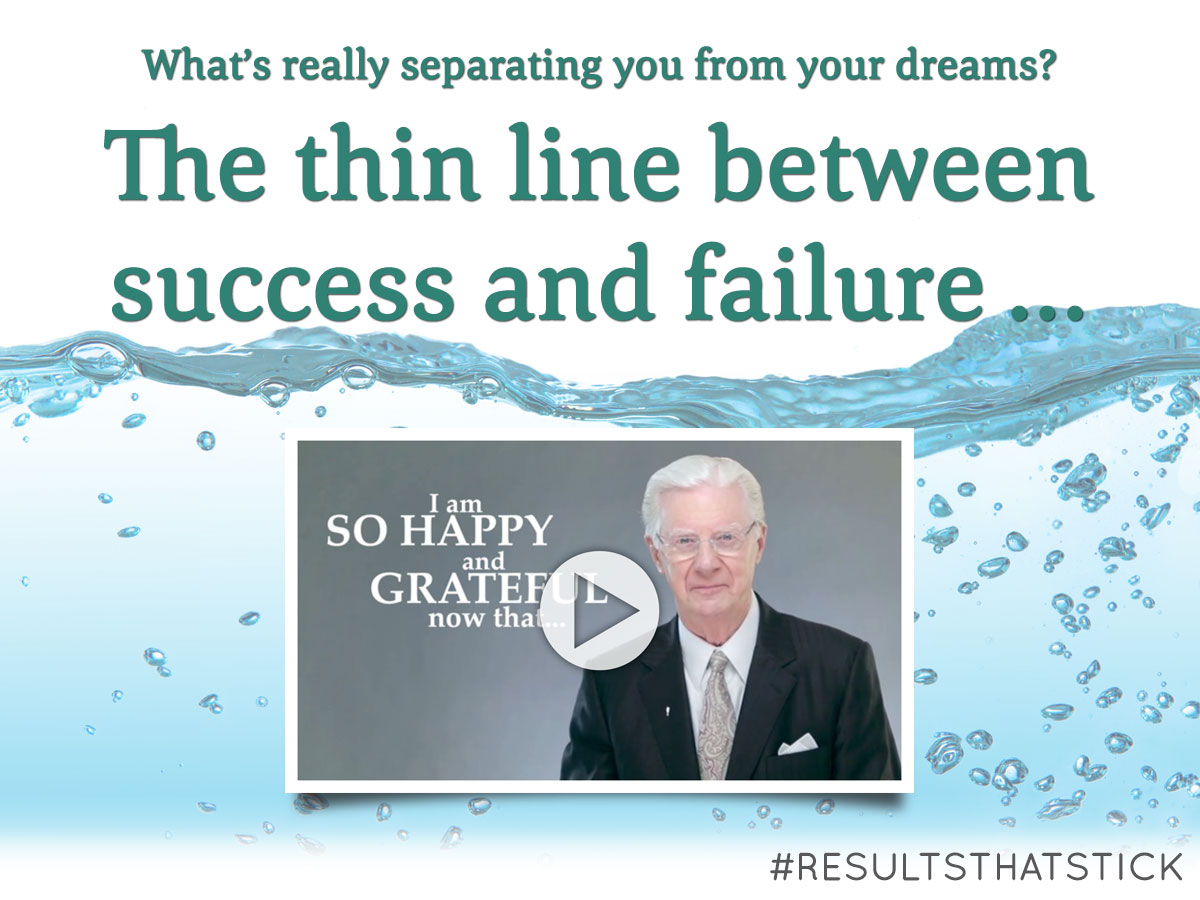In very simplistic terms, most forms of therapy focus on what ‘has happened’ i.e. the problem and the past, whereas coaching focuses on what ‘is possible’, in other words, the solution and the future.
Boundaries between coaching and therapy
Some of the main differences between each approach are outlined below – courtesy of Noble Manhattan Coaching Ltd.:
|
|
COACHING
|
Therapy
|
| Takes a client from a place of ‘function’ to ‘enhanced function’ |
Takes a client from a place of ‘dysfunction’ to ‘function’ |
| Meetings can take place on the telephone or the internet as well as face to face. |
Sessions usually take place face-to-face. |
| Coaching is most suited to people who are ‘healthy’ and who wish to move forward to a higher level of functioning. |
Therapy is most suited to people who are working with quantifiable dysfunctions such as depression, addictions or old traumas. |
| Coaches usually request ‘action’ from the client whilst being ‘unattached’ to the outcomes of those requests. |
A therapist is non directional. |
| Coaching focuses on the solution and the future rather than the problem and the past. |
The patient is helped to resolve old and painful issues and to cut through old defenses. |
| Coaches encourage and request proactive behavior and do not allow for large amounts of ‘negative’ time. |
The therapist listens for feelings, conflicts and any signs of underlying dysfunction and then reflects these back to the patient. |
| Coaches refer out for specific needs such as therapeutic, legal or financial advice. |
Therapists are less likely to refer out to other professionals. |
| A coach will help the client establish clear values, goals and outcomes. |
The therapist will follow the patient on any valid exploration of feelings. |
| Coaching is usually seen in the light of measurable performance. |
Therapy is usually described in terms of ‘progress’ and outcomes are harder to measure. |
| Coaching seeks and reinforces new competencies and behaviors. |
Therapists look for the causes behind problems or poor performance. |
| Coaching is pro-active and seeks to recognize and avert problems before they arise. |
Therapists tend to be reactive, exploring problems and behaviors as they arise. |
| Coaching is a ‘new profession’ and is as yet ‘unregulated’ and exploring its own boundaries from within. |
Most forms of therapy are now subject to either voluntary or statutory regulation and have well established boundaries. |
| Coaches do not focus on the problem before addressing the solution and directing clients to their own inner resources. |
Therapists usually believe that knowledge of the problem is necessary in order to ‘find’ the solution. |
| Learn More |
|
|
|
Similarities between Coaching and Therapy
However there are also many valid similarities between Coaching and Therapy and a summary of these is outlined below:
* Both disciplines can be said to have their roots in psychology.
* Both professions are client-centred, relying on being non-judgemental and holding the client in unconditional positive regard (Carl Rogers Humanistic Psychology)’.
* Although coaching is not therapy many therapeutic models can be of value in the coaching relationship. Particularly those drawn from Solution Focused or Brief Therapy, Transactional Analysis, Neuro Linguistic Programming and others.
* Both assist the client to become aware of their inner ‘self talk’ and how this impacts on their outer experienced reality.
* In terms of transactional analysis, both aim to conduct the relationship from the position of ‘adult’.
* Both professions require the practitioner to be appropriately trained, qualified and insured. Both require excellent listening skills and are ‘helping’ relationships based on trust and integrity as well as skill and experience.
* Both disciplines are based on an empowering practitioner/client relationship with the focus being on the well-being and ‘functioning’ of the client. Both use enhanced listening skills to process and reflect what is being said.




